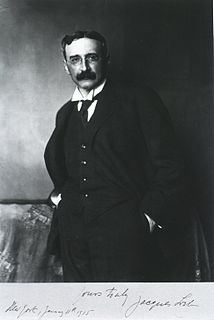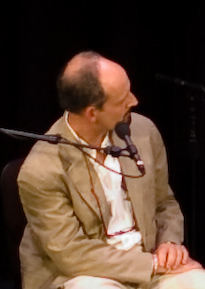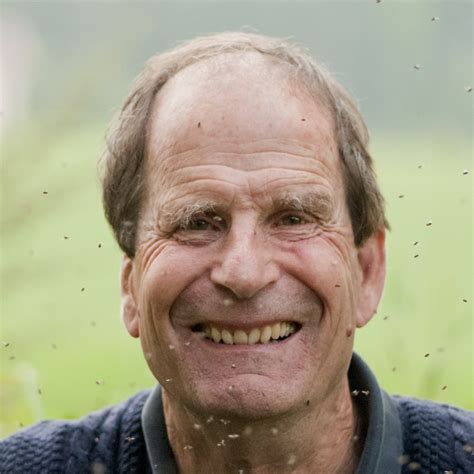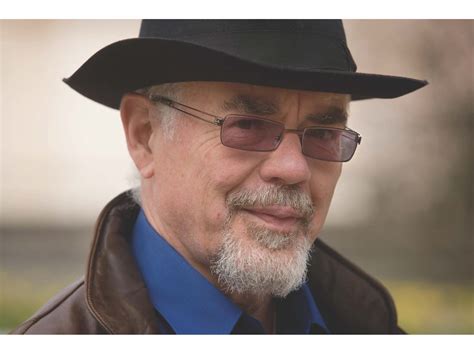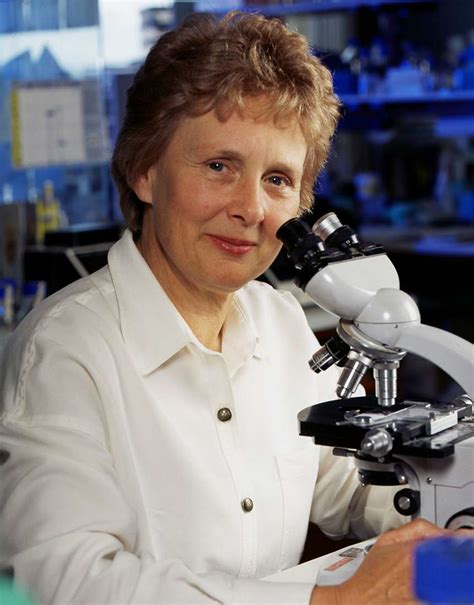Top 131 Quotes & Sayings by Rachel Carson - Page 2
Explore popular quotes and sayings by an American biologist Rachel Carson.
Last updated on April 22, 2025.
the sea is a place of mystery. One by one, the mysteries of yesterday have been solved. But the solution seems always to bring with it another, perhaps a deeper mystery. I doubt that the last, final mysteries of the sea will ever be resolved. In fact, I cherish a very unscientific hope that they will not be.
There is certainly no single remedy for this condition and I am offering no panacea. But it seems reasonable to believe — and I do believe — that the more clearly we can focus our attention on the wonders and realities of the universe about us the less taste we shall have for the destruction of our race. Wonder and humility are wholesome emotions, and they do not exist side by side with a lust for destruction.
There was once a town in the heart of America where all life seemed to live in harmony with its surroundings Then a strange blight crept over the area and everything began to change There was a strange stillness The few birds seen anywhere were moribund; they trembled violently and could not fly. It was a spring without voices. On the mornings that had once throbbed with the dawn chorus of scores of bird voices there was now no sound; only silence lay over the fields and woods and marsh.
Eventually man, too, found his way back to the sea. Standing on its shores, he must have looked out upon it with wonder and curiosity, compounded with an unconscious recognition of his lineage. He could not physically re-enter the ocean as the seals and whales had done. But over the centuries, with all the skill and ingenuity and reasoning powers of his mind, he has sought to explore and investigate even its most remote parts, so that he might re-enter it mentally and imaginatively.
Play, Incorporating Animistic and Magical Thinking Is Important Because It:
Fosters the healthy, creative and emotional growth of a child;
Forms the best foundation for later intellectual growth.
Provides a way in which children get to know the world and creates possibilities for different ways of responding to it.
Fosters empathy and wonder.
We urgently need an end to these false assurances, to the sugar coating of unpalatable facts. It is the public that is being asked to assume the risks that the insect controllers calculate. The public must decide whether it wishes to continue on the present road, and it can do so only when in full possession of the facts.
As crude a weapon as the cave man's club, the chemical barrage has been hurled against the fabric of life - a fabric on the one hand delicate and destructible, on the other miraculously tough and resilient, and capable of striking back in unexpected ways. These extraordinary capacities of life have been ignored by the practitioners of chemical control who have brought to their task no "high-minded orientation," no humility before the vast forces with which they tamper.
It was a spring without voices. On the mornings that had once throbbed with the dawn chorus of robins, catbirds, doves, jays, wrens, and scores of other bird voices there was now no sound; only silence lay over the fields and woods and marsh... Even the streams were now lifeless... No witchcraft, no enemy action had silenced the rebirth of new life in this stricken world. The people had done it themselves.
Here and there awareness is growing that man, far from being the overlord of all creation, is himself part of nature, subject to the same cosmic forces that control all other life. Man's future welfare and probably even his survival depend upon his learning to live in harmony, rather than in combat, with these forces.
Only within the 20th Century has biological thought been focused on ecology, or the relation of the living creature to its environment. Awareness of ecological relationships is - or should be - the basis of modern conservation programs, for it is useless to attempt to preserve a living species unless the kind of land or water it requires is also preserved. So delicately interwoven are the relationships that when we disturb one thread of the community fabric we alter it all - perhaps almost imperceptibly, perhaps so drastically that destruction follows.
We have looked first at man with his vanities and greed and his problems of a day or a year; and then only, and from this biased point of view, we have looked outward at the earth he has inhabited so briefly and at the universe in which our earth is so minute a part. Yet these are the great realities, and against them we see our human problems in a different perspective. Perhaps if we reversed the telescope and looked at man down these long vistas, we should find less time and inclination to plan for our own destruction.
I like to define biology as the history of the earth and all its life - past, present, and future. To understand biology is to understand that all life is linked to the earth from which it came; it is to understand that the stream of life, flowing out of the dim past into the uncertain future, is in reality a unified force, though composed of an infinite number and variety of separate lives.
The ocean is a place of paradoxes. It is the home of the great white shark, two-thousand-pound killer of the seas, and of the hundred-foot blue whale, the largest animal that ever lived. It is also the home of living things so small that your two hands might scoop up as many of them as there are stars in the Milky Way.
The 'control of nature' is a phrase conceived in arrogance, . . . when it was supposed that nature exists for the convenience of man . . . . It is our alarming misfortune that so primitive a science has armed itself with the most modern and terrible weapons, and that in turning them against the insects it has also turned them against the earth.








